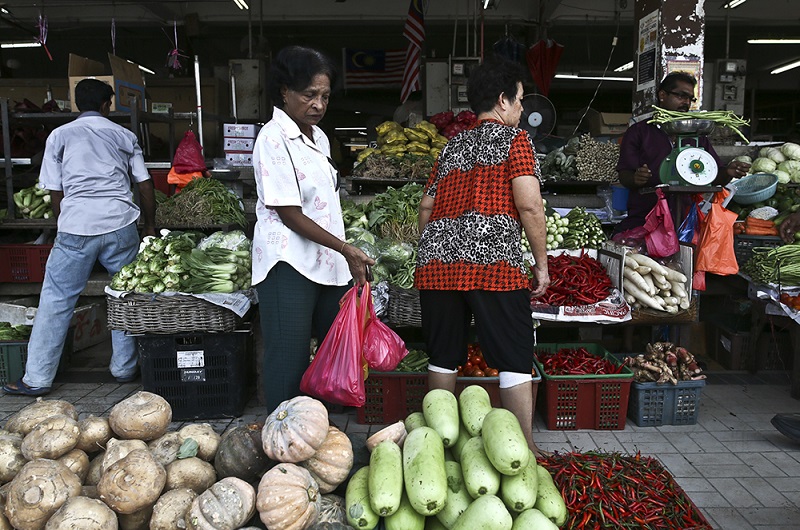KUALA LUMPUR, Aug 27 — The government should revise the poverty line index (PLI) to reflect current conditions and not remain in denial that destitution was nearly eradicated in Malaysia, said the prime minister’s economic advisor Muhammed Abdul Khalid.
In an opinion piece published in Sinar Harian today, Muhammed said the Economic Affairs Ministry’s insistence that the country’s 0.4 per cent poverty rate was not representative of how many households were realistically living in want.
“It is undeniable that absolute poverty rates have been lowered since Independence, from nearly 50 per cent to 0.4 per cent today. However, this is based on an absolute poverty projection and should no longer be the only benchmark for poverty rates.
“Malaysia now wants to become a developed country, so the projection must be based on the indicators used by developed countries.
“They use relative poverty forecasts, where if households have less than 50 per cent of the median income, they are considered poor. If this were our measure, the poverty rate in Malaysia would jump to 16 per cent in 2016, slightly higher than in 2014 (15.6 per cent), despite the country’s economic growth over the same period,” he said.
If such relative indicators are used, it would show that one in five Bumiputera households are poor, while one in 10 Chinese and Indians households are living in poverty, said Muhammed.
Currently, Malaysia’s PLI is set at RM980 for a typical family of four in the peninsula or the equivalent of RM8 per person each day. In Sarawak and Sabah, the PLI is RM1,020 and RM1,180, respectively.
For comparison, Muhammed said even Zimbabwe and Palestine — countries whose per capita GDP (Gross Domestic Product) were just 10 per cent the size of the Malaysian economy — both have higher PLI.
Repeating his call for a PLI revision, Muhammed said there was no shame in admitting the facts if this meant effective measures could be developed to benefit those living in poverty.
He also suggested the government draw up policies on bridging the wealth gap and increasing social mobility.



















